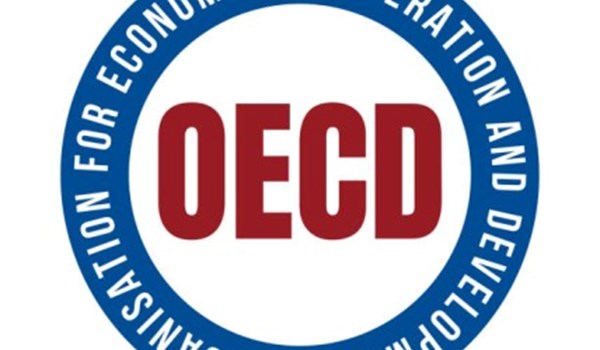Oxfam reported in a new publication on Wednesday that nearly 41 billion U.S. dollars in World Bank climate finance—approximately 40 percent of the climate funds disbursed by the Bank over the past seven years—remain unaccounted for due to insufficient record-keeping practices.
Oxfam’s audit of the World Bank’s climate finance portfolio, covering the period from 2017 to 2023, found that between 24 billion and 41 billion U.S. dollars went untracked from the time of project approval to closure.
The report underscores the lack of transparent public records that detail how these funds were allocated or utilized, making it impossible to assess their impact. It remains unclear if the money was spent on climate-related initiatives aimed at helping low- and middle-income countries tackle the climate crisis and invest in clean energy.
“The Bank is quick to brag about its climate finance billions —but these numbers are based on what it plans to spend, not on what it actually spends once a project gets rolling,” said Kate Donald, Head of Oxfam International’s Washington D.C. Office. “This is like asking your doctor to assess your diet only by looking at your grocery list, without ever checking what actually ends up in your fridge.”
The World Bank, as the largest multilateral provider of climate finance, represents 52 percent of the total from all multilateral development banks combined.
Climate finance will be a key issue at this year’s COP in Azerbaijan, where countries are expected to negotiate the New Collective Quantified Goal, a new global climate finance target. Activists are calling for the Global North to provide at least 5 trillion U.S. dollars annually in public finance to the Global South as a down payment on their climate debt to those least responsible for climate change but most affected by it.
Oxfam cautions that the lack of traceable spending could erode trust in global climate finance at a crucial moment.
“Climate finance is scarce, and yes, we know it’s hard to deliver. But not tracking how or where the money actually gets spent? That’s not just some bureaucratic oversight —it’s a fundamental breach of trust that risks derailing the progress we need to make at COP this year. The Bank needs to act like our future depends on tackling the climate crisis, because it does,” Donald said.



